Iran's Arc of Influence
Select...
SITUATION REPORTS
Iran, U.S.: Washington Confiscates Iranian Oil Cargo Near Greece
May 26, 2022 | 15:03 GMT
Iran: Two Leaks Aim to Disrupt Nuclear Negotiations
May 25, 2022 | 14:45 GMT
Venezuela: Iran to Help Revamp Venezuela's Largest Oil Refinery
May 23, 2022 | 18:37 GMT
Israel, Russia: Russians Reportedly Fire on Israeli Jet in Syria
May 17, 2022 | 15:20 GMT
Venezuela: Country to Begin Importing Iranian Heavy Crude Oil
May 10, 2022 | 19:15 GMT
Iran: IAEA Chief Raises Concern About Undeclared Enrichment
May 10, 2022 | 18:40 GMT
Syria: Israel Strikes Targets Near Damascus, May Have Killed Iranian Personnel
Apr 27, 2022 | 19:54 GMT
Iran, Saudi Arabia: Countries Hold Fifth Round of De-escalation Talks
Apr 25, 2022 | 18:53 GMT
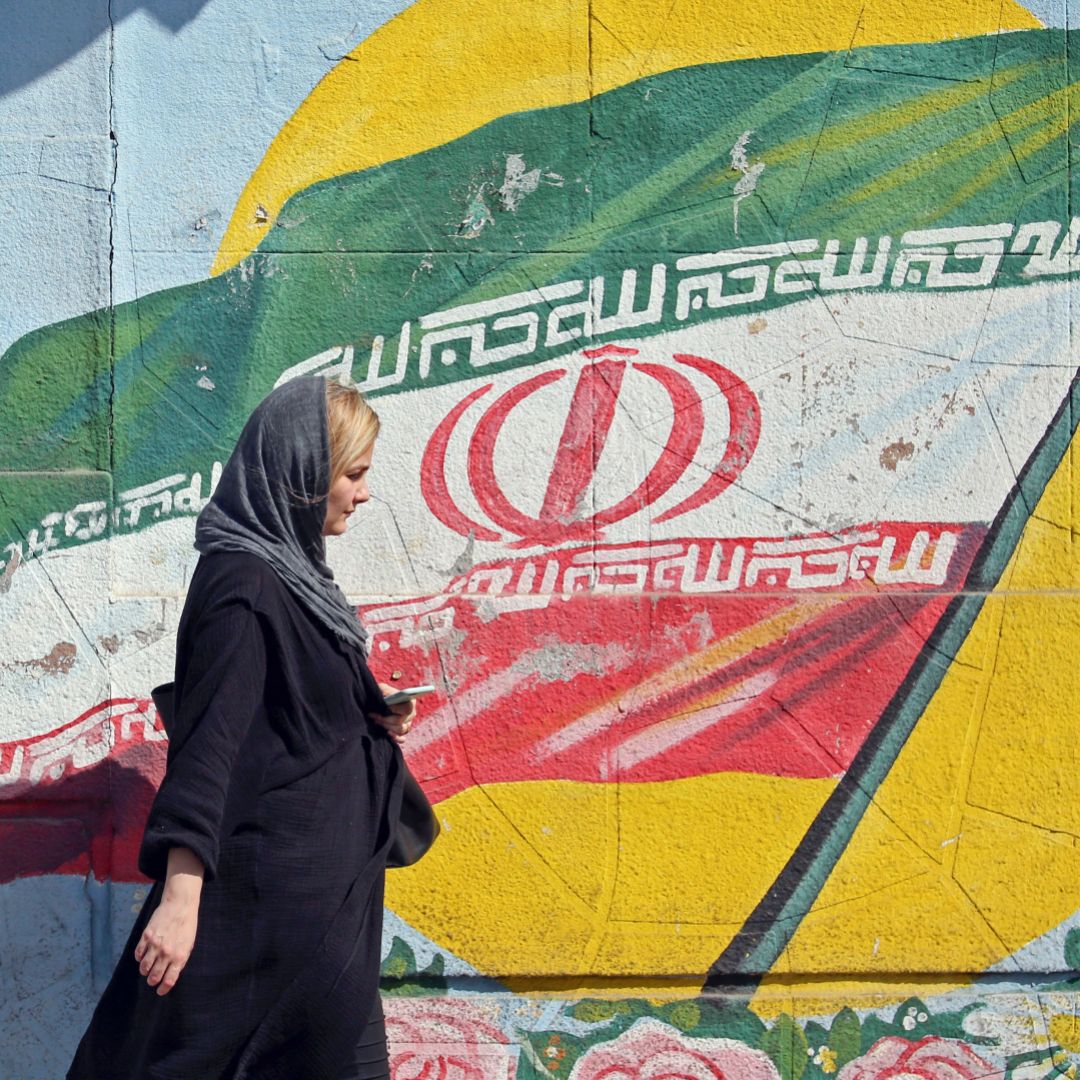
AssessmentsJun 7, 2022
What the Protests in Iran Mean for Its President and Nuclear Talks

On GeopoliticsJun 2, 2022
The UAE Enters a New Era Under President MbZ
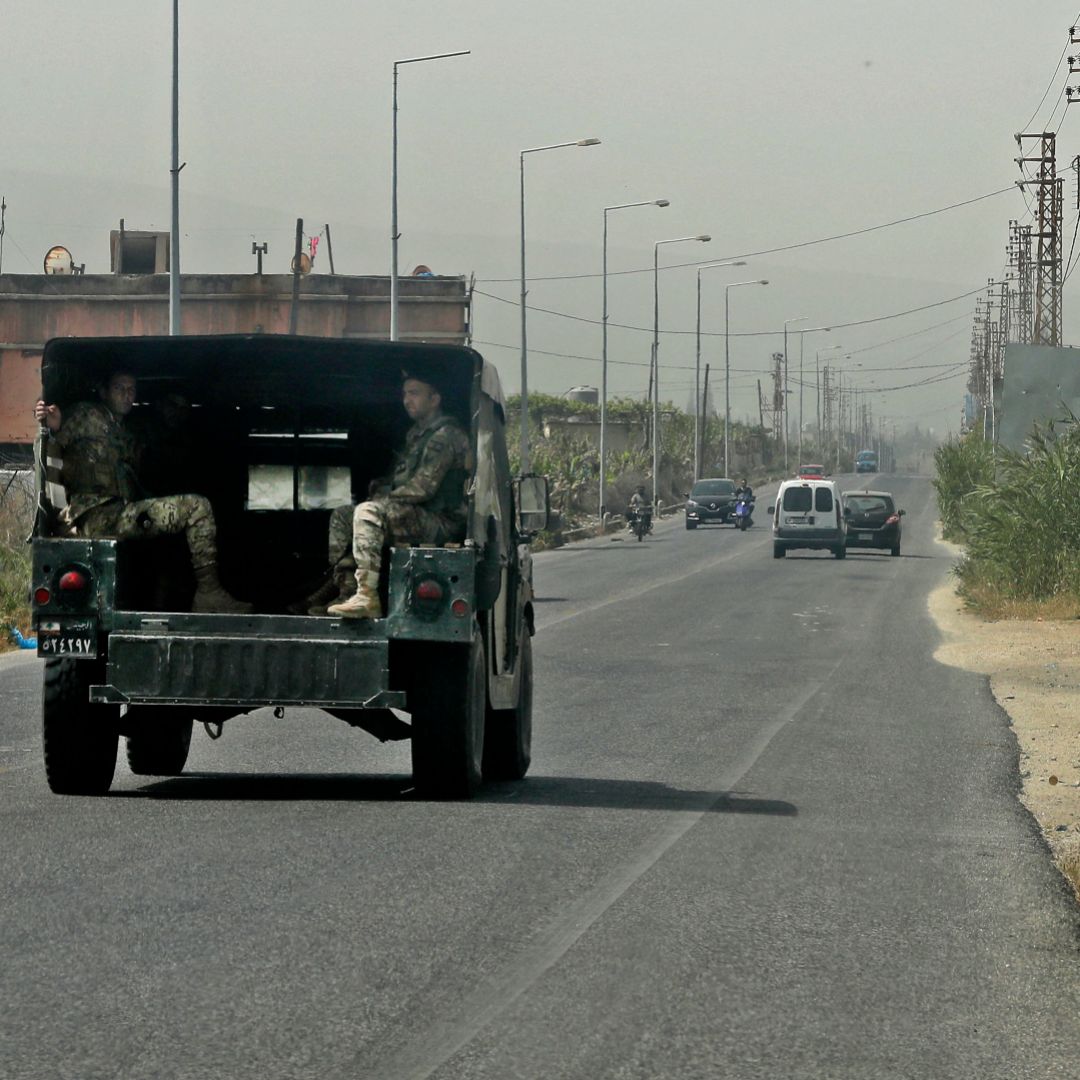
SnapshotsMay 12, 2022
In Lebanon, Calls for 'Neutrality' Toward Israel Risk Worsening Sectarian Violence

AssessmentsMar 15, 2022
Recent Attacks Bring Israel and Iran's Covert War to Light

AssessmentsMar 11, 2022
For Iran Nuclear Talks, Russia's Final-Hour Curveball Could Prove Fatal
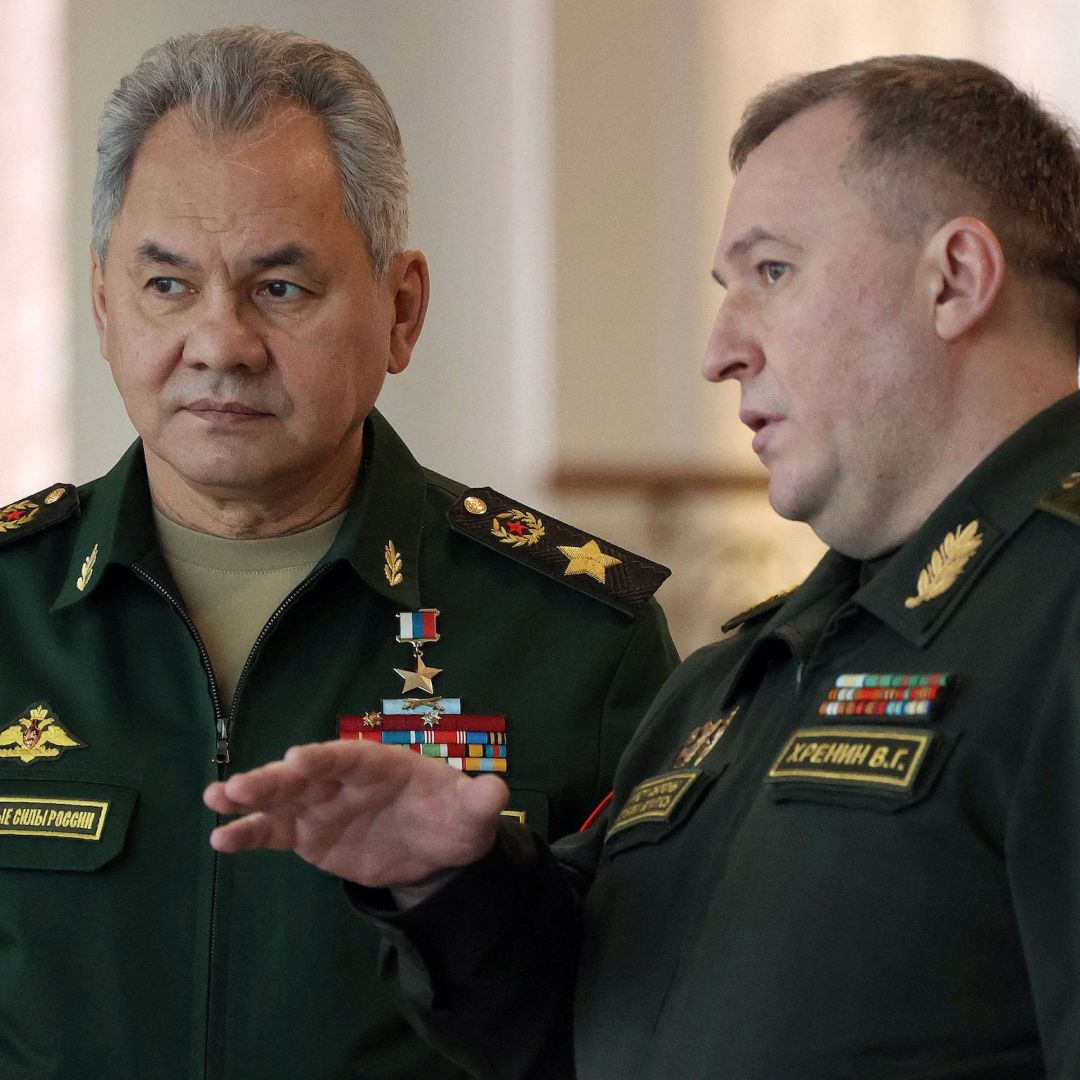
GuidanceFeb 5, 2022
The Weekly Rundown: Blinken Visits Australia for a Quad Meeting, Russia and Belarus Begin Joint Exercises
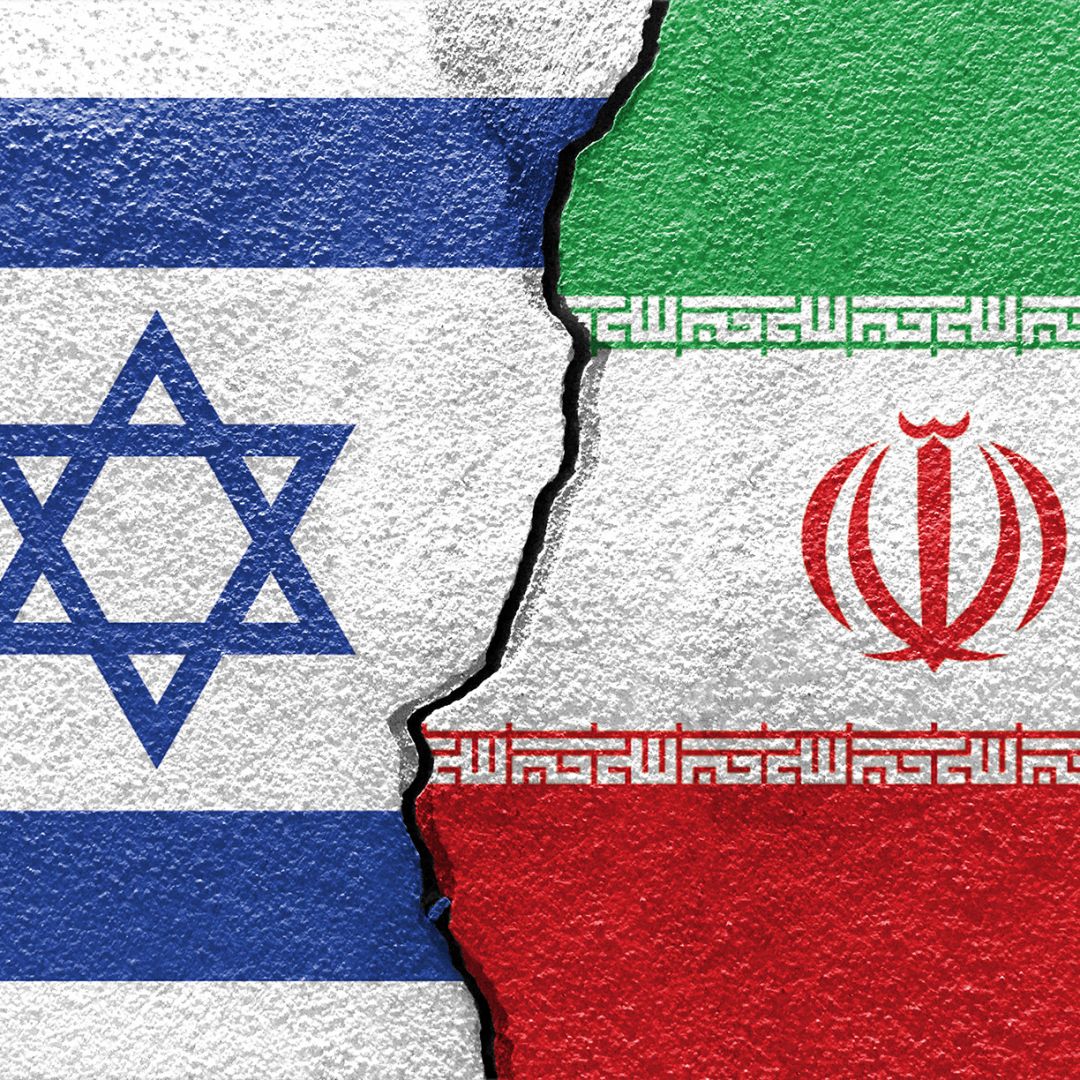
AssessmentsJan 6, 2022
Israel Changes Tack on the Iran Nuclear Deal
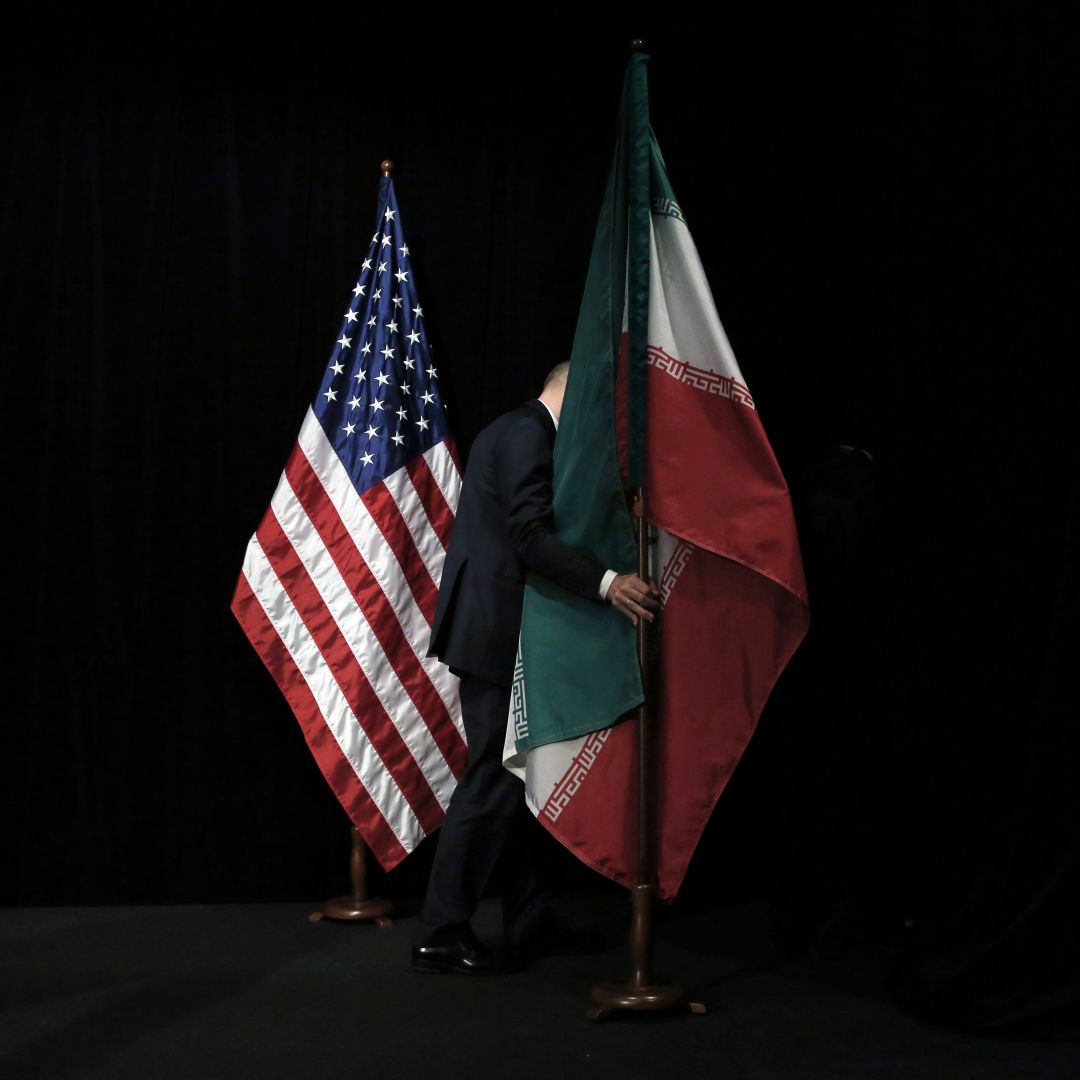
AssessmentsJan 4, 2022
For Iran, Ransomware Offers a Way to Attack the U.S. From Within
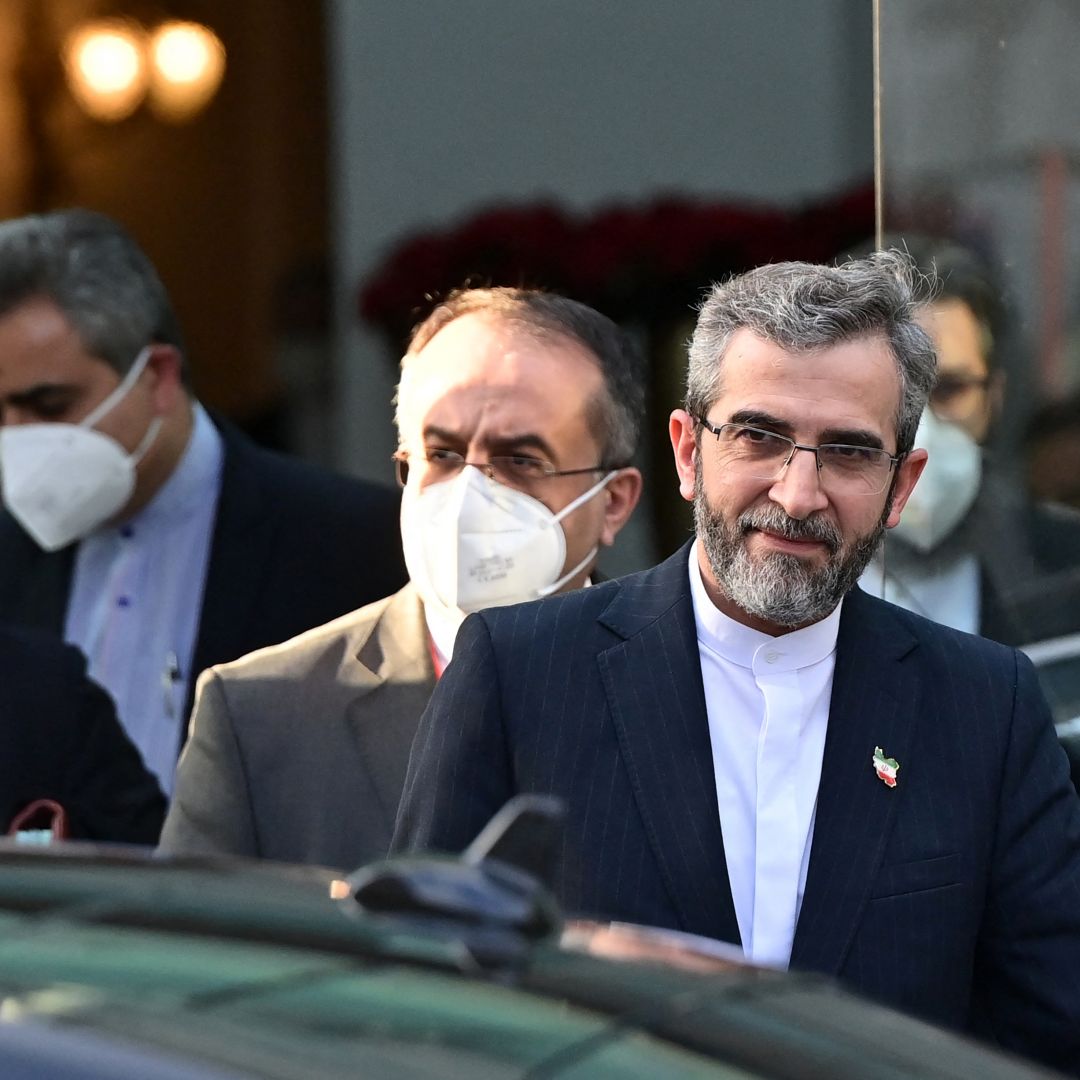
AssessmentsDec 10, 2021
Iran Nuclear Talks Reach a Critical Juncture
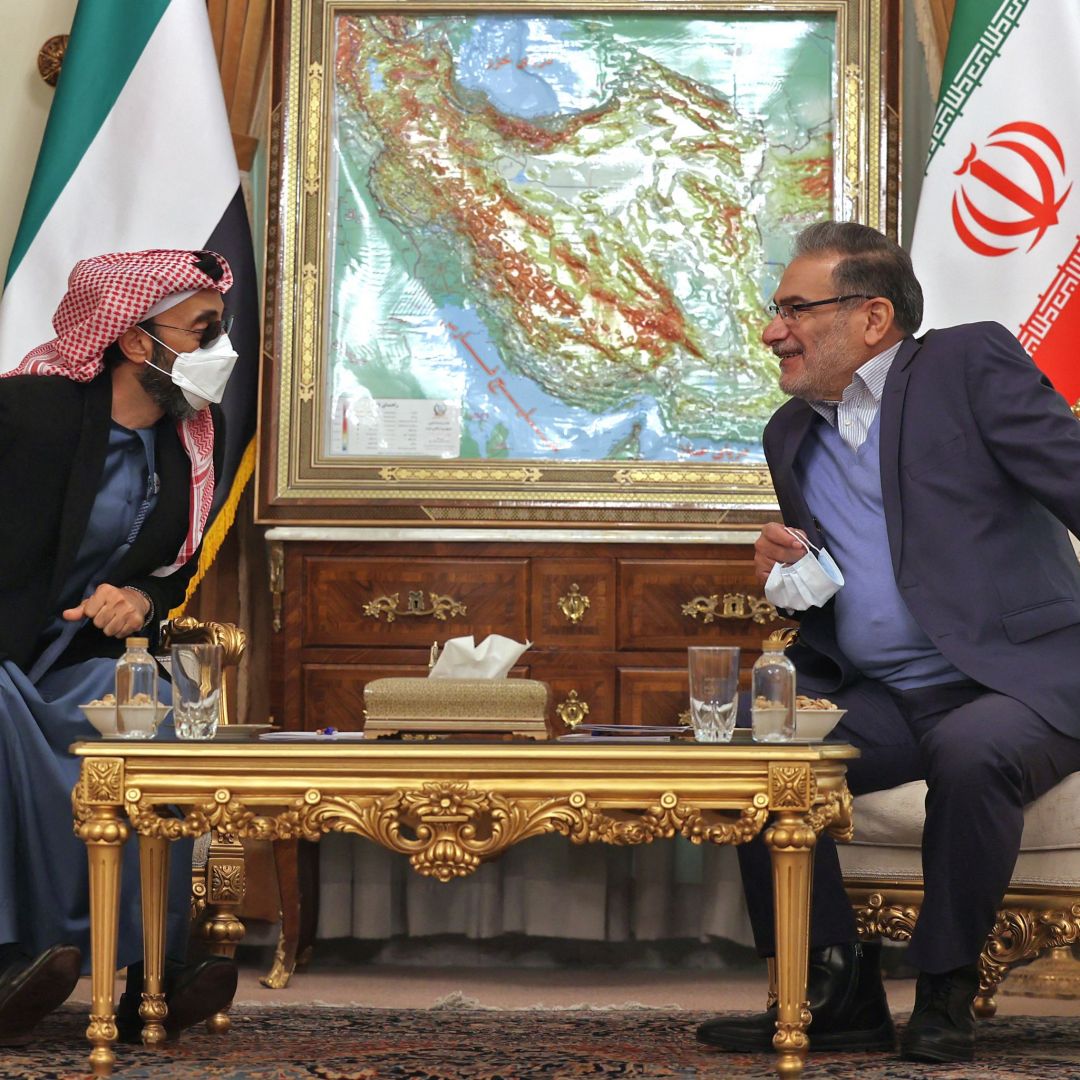
AssessmentsDec 6, 2021
A Rare UAE-Iran Meeting Stirs Hope for Eased Gulf Tensions
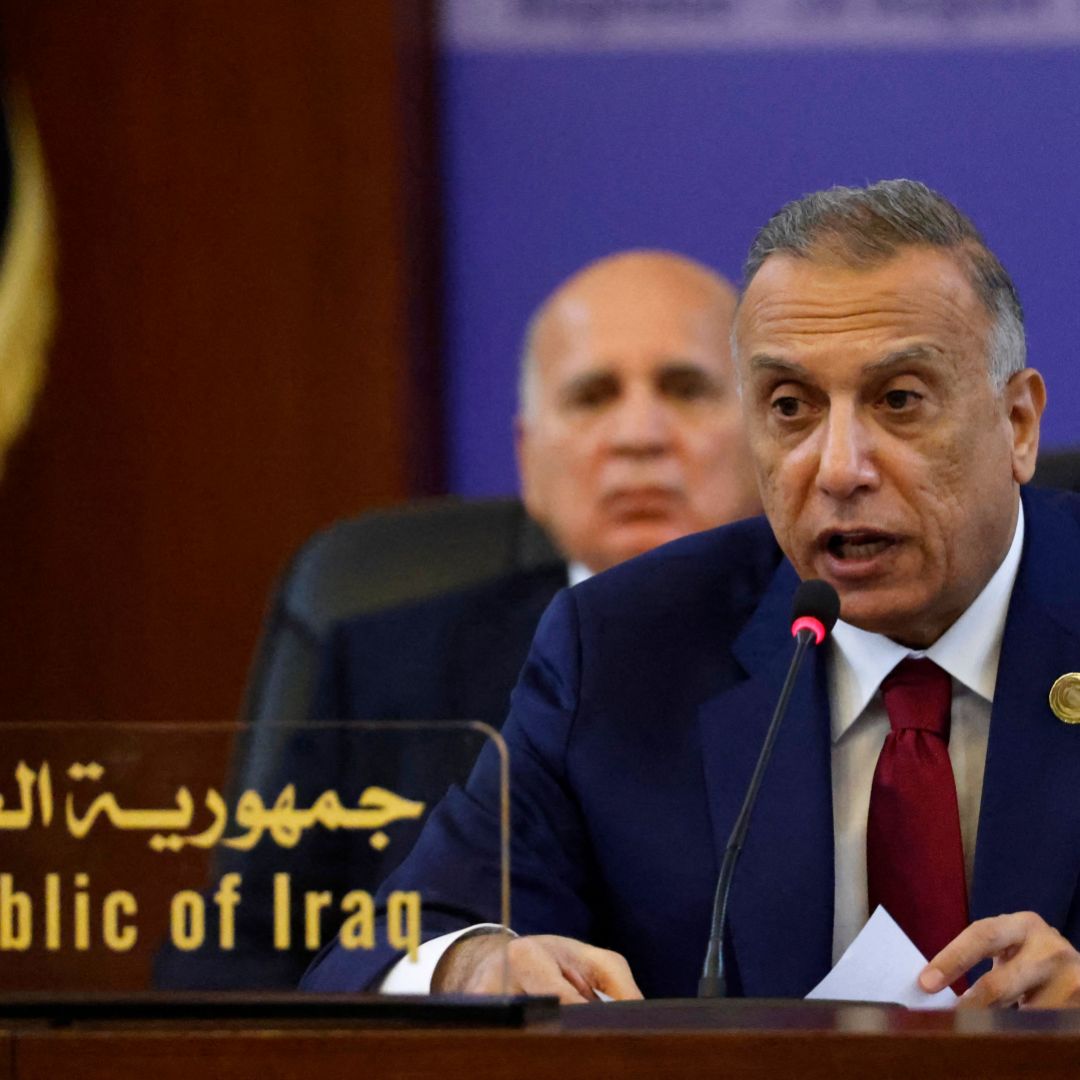
SnapshotsNov 10, 2021
What the Assassination Attempt on al-Khadimi Means for Iraq’s Stability

SnapshotsNov 5, 2021
U.S.-Iran Nuclear Talks Are Back On -- For Now

